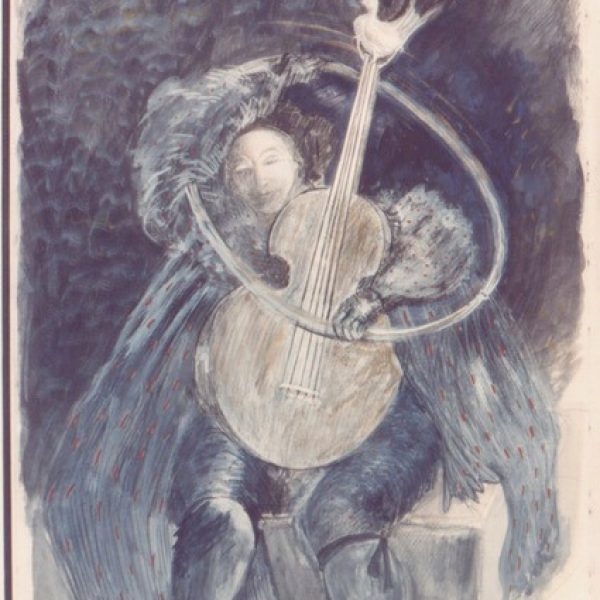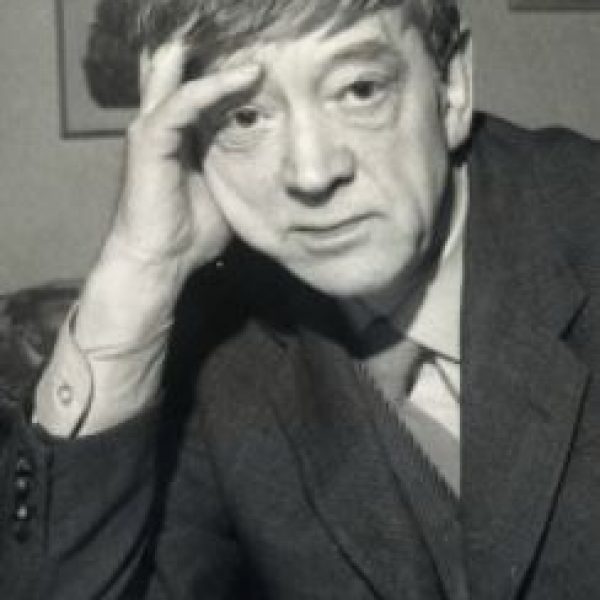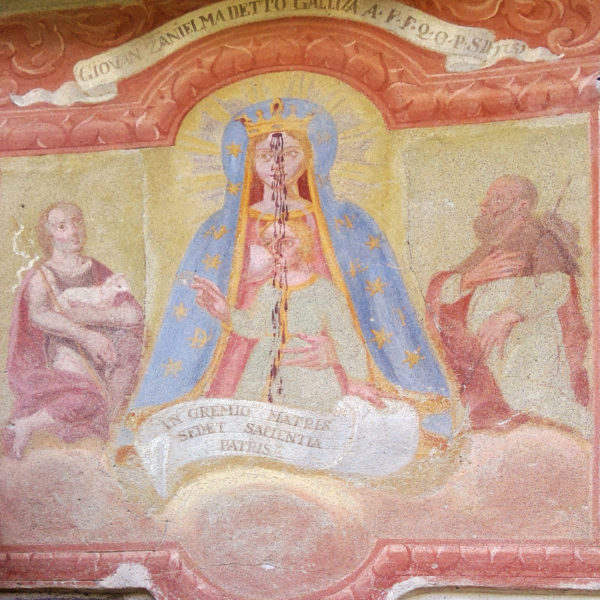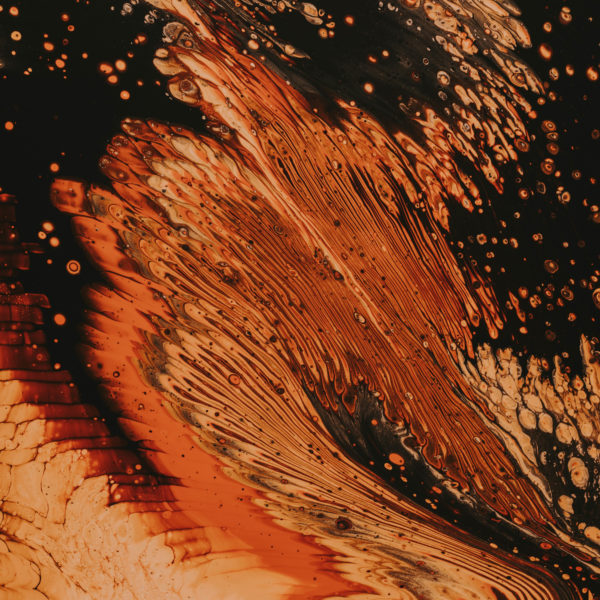The Guild of Pastoral Psychology
Resources
The Guild has an archive of 350 papers dating back to the 1930s and 600 recordings dating from the 1970s. You can browse these using the search facilities below; they are free to download for Guild members.
Disclaimer: The Guild’s written and audio resources are for members’ personal and non-commercial use only. The views expressed in them are those of the authors; they may not necessarily be shared by Guild members, nor represent the collective opinion of the Guild.
Sort resources by:
- Date
- Author/Speaker Surname
-

The Secret of Love in Alchemy
Western Alchemy and Christianity We look at Jung’s discovery of alchemy, which emerged as an experience without a name, in his work on the Red Book. With his lover and companion, Toni Wolff, Jung shared his journey, which also became her journey, and another dimension of Christianity opened up. It…
-

The Bell, the Messenger of Transformation
-

The Imagination of God; Owen Barfield, Religion and the evolution of Consciousness
The Inkling, Owen Barfield, whom both C.S. Lewis and J.R.R. Tolkien regarded as the most innovative of the celebrated Oxford group, argued that the experience of being human changes dramatically over periods of cultural time. Our consciousness shifts, and in the modern period it has evolved in a particularly striking…
-

‘The artist, the sign-maker, the sacrament-maker’: an exploration of the work of David Jones, poet and visual artist
Called by T. S. Eliot one of ‘the most distinguished writers of his generation,’ David Jones was a writer and visual artist of extraordinary depth and vision. His vision of art and aesthetics was caught up in the local and the physical, and yet also expressed deeply his commitment to…
-

Will the green agenda really get out of the margins?
Can depth psychology contribute to securing the place of a green agenda at the heart of mainstream politics? Andrew argues that to do this requires a dialling down or reduction in the certitude with which climate activists communicate, and a less condemnatory attitude to human civilisation, especially in our cities. …
-

Who Can Teach Us how to Die?
Who can teach us how to die, not just physically but ‘to our natural self’ so that we can be reborn to our spiritual self? Patrick Hederman writes: "Such, as I see it, is the purpose of the mid-life crisis and also the ‘usefulness’ of spiritual vision. The second self…
-

The Archetype of the Binarius
The binary thinking of computer technology is omnipresent in the contemporary world and has deeply embedded itself in the modern psyche, but it has perhaps not been given due consideration at the archetypal and imaginal level. At the time when Francis Bacon first conceived the seed idea of the computer…
-

Soul and Contemporary Civilisation
Confronted today by an unprecedented destructive impact of civilisation upon its so-called environment – in fact upon the very conditions of life - the question arises whether this crisis results from the very core of the human psyche or if it results more particularly from its Western impulses. The Mural…
-

Synchronicity and Humility
Photo by Paweł Czerwiński on UnsplashThis event is FREE! Register “The humility, in which we remember again and again, how little we know about man , ourselves, a humility which has been acquired through sadness and despair, is in my view one of the basic values, assets of depth psychology.”…
-

Seven Sermons to the Dead
Alan Mulhern discusses Jung's mystical and Gnostic text, published privately and anonymously as being "written by Basilides of Alexandria, the city where East and West meet." The text also forms the final part of the Red Book. Alan has recorded a short podcast about the Seven Sermons. This may be a…